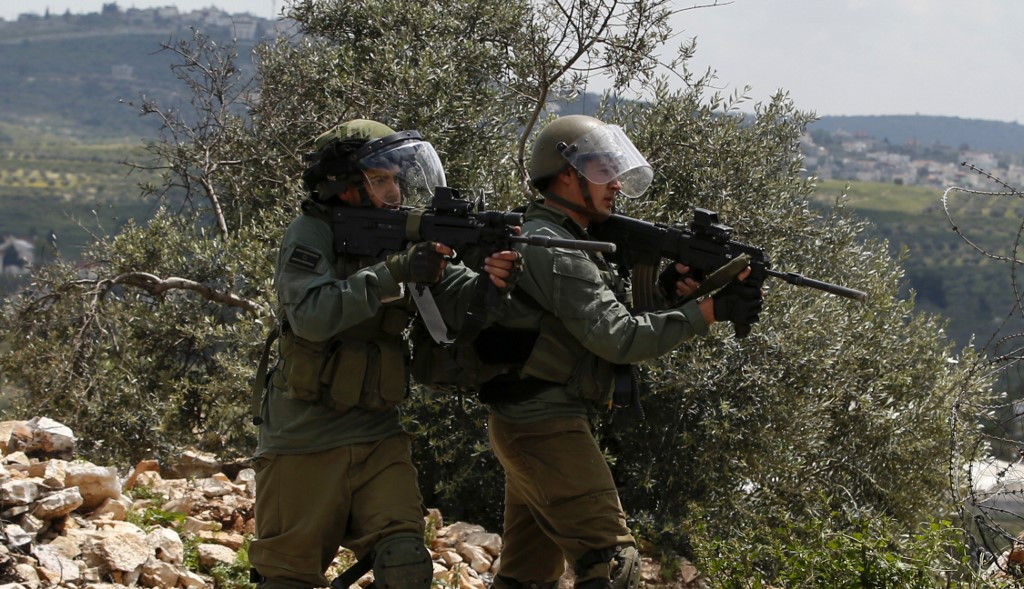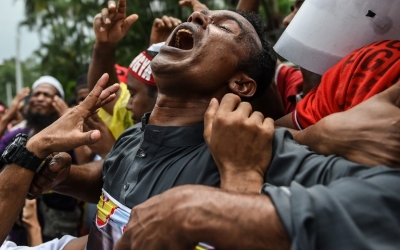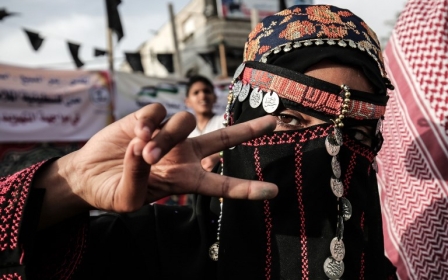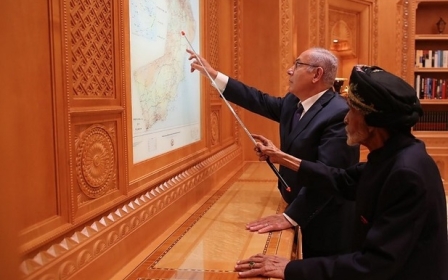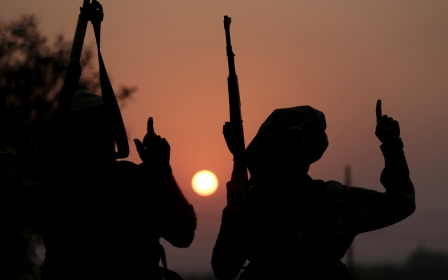From Israel to Brazil: Waging war on indigenous peoples
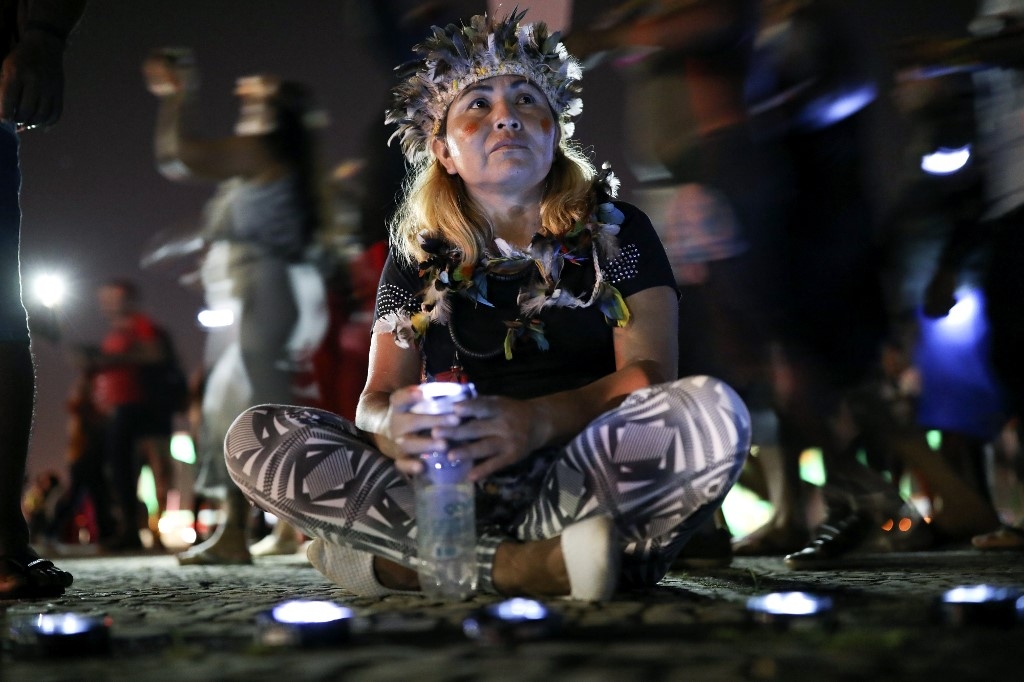
Brazilian President Jair Bolsonaro's recent comments on forgiveness for the Holocaust have ignited criticism from Israel, but what must not be forgotten is Brazil's Zionist dealings and identity.
International observers were disturbed by the recent election wins in Brazil and Israel of far-right candidates Bolsonaro and Benjamin Netanyahu, both of whom have openly advocated and implemented genocidal policies against indigenous peoples.
Brazil has shown its true, dark colours, reflecting the country's Israelisation in modern times.
Bolsonaro's recent assertion that the Holocaust can be "forgiven but not forgotten" might appear as a fracture in this Zionist alignment, but that is far from the truth.
Aiding the Nakba
Beyond Bolsonaro's decision to relocate the Brazilian embassy to Jerusalem, along with images of Bolsonaro's two sons wearing Israeli army and Mossad shirts - promoting Israel's secret service, infamous for terrorising Palestinians - Brazil's political history demonstrates a deep loyalty to Zionist ideology.
Brazil perpetuates Zionist colonial racism and oppression through the annihilation of indigeneity. It was one of the first countries to recognise the state of Israel, thus aiding and abetting the Nakba - or "disaster," the 1948 expulsion of Palestinians from their homes - and the ongoing ethnic cleansing of Palestinians.
Both indigenous peoples are facing a campaign of memoricide; an attempt to make them forget their past, so that they cannot have a future
Brazilian diplomat Ozvaldo Aranha, a former president of the United Nations General Assembly, was in 1947 instrumental in ensuring Israel’s creation.
Aranha promoted the partitioning of Palestine in favour of the Zionist movement and against the will of the Palestinian people, postponing the vote for three days to ensure its passage through confirmed majority support.
He received a Nobel Peace Prize for his efforts in support of Zionist interests.
The UN Partition Plan provided the legal precedent to justify the ethnic cleansing of Palestinians in 1948, that is to say the Nakba, which is ongoing.
This abuse of process has echoes in Brazil today, with the attacks on the country's indigenous population.
Hiding atrocities
The anti-indigenous commonality between Israel and Brazil began to surface more clearly in recent years, amid their high-level security cooperation during the Brazil-hosted World Cup in 2014 and the Olympics in 2016.
Brazil laid on these two major world events at the expense of its own marginalised population.
It wanted to ensure safety and security from potential "terror" by hiding the atrocities and consequences of state repression and violence against marginalised Brazilians - most importantly, the indigenous people overflowing in ghettoised favelas, similar to Israel’s creation of Palestinian Bantustans.
Activists have warned of Israel exporting the "Gaza security model" to Brazil, where indigenous people are under constant threat from theft and exploitation of their traditional territories for political and economic ends.
The reason for this distinctive relationship is that Brazil wants to learn from Israel's tactics against Palestinians. Tactics that Israel has been exporting all over the world.
Memoricide campaign
The sanitisation, or "cleansing," of spaces by Brazilian police through repressive mechanisms is a tactic taught by Israeli security personnel. Furthering the colonisation and erasure of indigenous spaces is of particular interest to Brazil, in the same way that Israel oppresses its Palestinian population.
These recent events serve to remind us of Brazil's disturbing identity and where the country is headed.
With Bolsonaro's staunchly pro-Israel and anti-indigenous statements on land-grabbing, assimilation and extermination, the Israeli exportation of indigenous erasure continues in Brazil.
Both indigenous peoples are facing a campaign of memoricide; an attempt to make them forget their past, so that they cannot have a future.
This is what cannot be forgiven or forgotten.
The views expressed in this article belong to the author and do not necessarily reflect the editorial policy of Middle East Eye.
Middle East Eye propose une couverture et une analyse indépendantes et incomparables du Moyen-Orient, de l’Afrique du Nord et d’autres régions du monde. Pour en savoir plus sur la reprise de ce contenu et les frais qui s’appliquent, veuillez remplir ce formulaire [en anglais]. Pour en savoir plus sur MEE, cliquez ici [en anglais].



